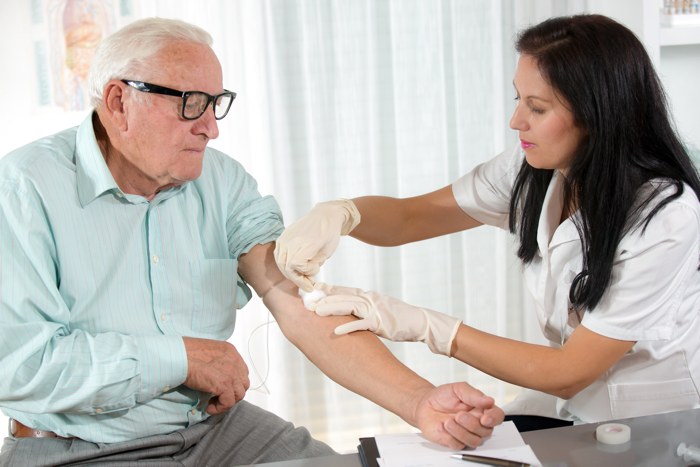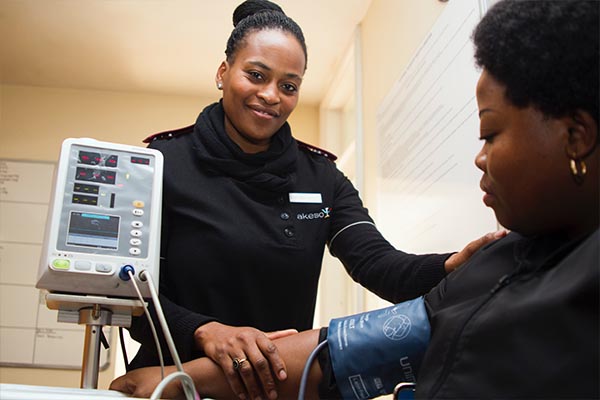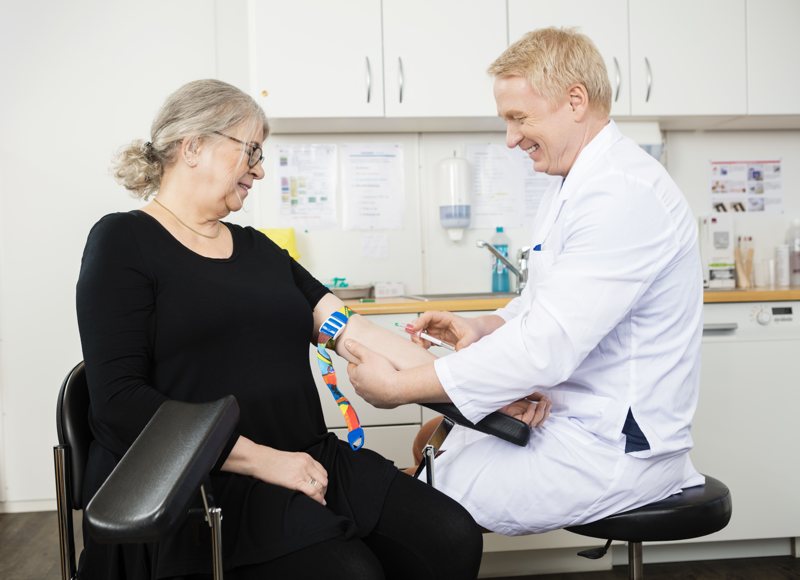Important Aspects to Consider When Choosing the Many Suitable Medical College Curriculum for You
Choosing the most fitting medical school curriculum is an essential choice that can considerably influence your educational trip and future profession course. As striving medical professionals, the option of educational program should line up with your individual knowing design and profession desires.
Personal Understanding Style

Clinical schools that supply varied mentor methods and sources can suit various finding out designs, fostering a comprehensive and dynamic instructional atmosphere. Eventually, understanding personal learning preferences encourages trainees to make informed choices regarding their medical education and learning, establishing a strong foundation for their future careers in health care.
Job Goals Alignment

Furthermore, straightening job objectives with the medical institution educational program can also boost motivation and involvement throughout the instructional trip. When students see the straight importance of their coursework to their future profession, they are much more most likely to stay concentrated and committed to their studies. Therefore, when selecting a medical school educational program, it is important to meticulously take into consideration how well it aligns with one's occupation purposes to make certain a successful and satisfying specialist path.
Mentor Techniques
Considering the positioning of job objectives with the selected medical institution educational program, an exam of the mentor methodologies utilized ends up being essential fit the discovering experience. The effectiveness of a medical college educational program heavily depends on the mentor approaches used by the institution. Different teaching techniques, such as talks, small seminar, problem-based knowing, simulation-based training, and hands-on clinical experience, can substantially influence just how well students grasp and keep information.
Lectures are a standard yet still generally utilized technique for delivering web content to a big group of pupils effectively. Tiny seminar foster partnership, essential reasoning, and interaction abilities among trainees. Problem-based discovering urges energetic participation, self-directed discovering, and analytical capacities. Simulation-based training allows pupils to exercise scientific skills in a controlled atmosphere before communicating with actual individuals. Hands-on clinical experience supplies a firsthand understanding of patient treatment and clinical practices.
When picking a medical institution curriculum, striving trainees must consider the training methodologies used to make certain that their knowing choices and strengths straighten with the academic strategy of the establishment.
Curriculum Versatility
When evaluating clinical institution programs, analyzing the extent of curriculum flexibility is essential for potential trainees seeking a tailored educational experience. Curriculum adaptability describes the degree to which trainees can customize their discovering paths within the medical school curriculum. A curriculum that provides flexibility permits trainees to pursue their passions, focus on areas where they need much more support, and participate in learning experiences that line up with their occupation objectives.

Potential medical pupils need to take into consideration exactly how a medical institution's educational program flexibility straightens with their discovering choices, career goals, and personal goals. By choosing a program that supplies the best equilibrium of structure and adaptability, pupils can optimize their instructional experience and prepare themselves for successful occupations in medicine.
Medical Exposure Opportunities
Checking out the practical application of clinical understanding, professional exposure Northeast Medical Institute Phlebotomy Courses Stamford chances play a vital function in shaping a detailed medical education. These possibilities give students with important hands-on experience in actual healthcare setups, allowing them to link the gap between concept and technique. When thinking about clinical school curricula, the top quality and amount of medical exposure must be carefully evaluated.
Effective clinical exposure must provide a varied array of experiences across different specialties, making sure that pupils are revealed to different medical circumstances and client demographics. Exposure to outpatient centers, inpatient wards, surgical cinemas, and emergency situation departments can assist trainees establish an all-round understanding of various elements of health care distribution. Additionally, chances for community-based treatment and interactions with underserved populations can promote a much deeper appreciation for the social factors of health.
Moreover, the existence of encouraging faculty and advisors throughout these medical experiences can significantly improve the knowing process. Faculty advice and useful responses can aid trainees assess their clinical encounters, recognize locations for enhancement, and enhance their decision-making abilities and scientific skills (Northeast Medical Institute CNA Classes Near me Stamford). In general, robust clinical exposure possibilities are vital for preparing future medical professionals to supply quality individual care successfully
Conclusion
In verdict, when selecting a clinical school curriculum, it is important to consider your personal discovering design, alignment with career objectives, educating approaches, curriculum adaptability, and clinical direct exposure chances. These aspects play a crucial function in identifying the most appropriate program for your academic and specialist advancement. See to it to thoroughly evaluate each facet to make an educated decision that will best sustain your growth in the medical field.
Comprehending one's individual knowing design is critical when picking a medical school educational program. By identifying one's learning design early on, aiming medical pupils can tactically pick a curriculum that provides to their staminas, ultimately boosting their discovering experience and scholastic success.
When evaluating clinical school programs, evaluating the extent of curriculum flexibility is vital for potential students seeking a customized instructional experience. Educational program versatility refers to the level to which students can customize their discovering courses within the clinical college educational program.In verdict, when picking a clinical college educational program, it is necessary to consider your individual learning style, alignment with job objectives, teaching methodologies, educational program flexibility, and clinical direct exposure possibilities.